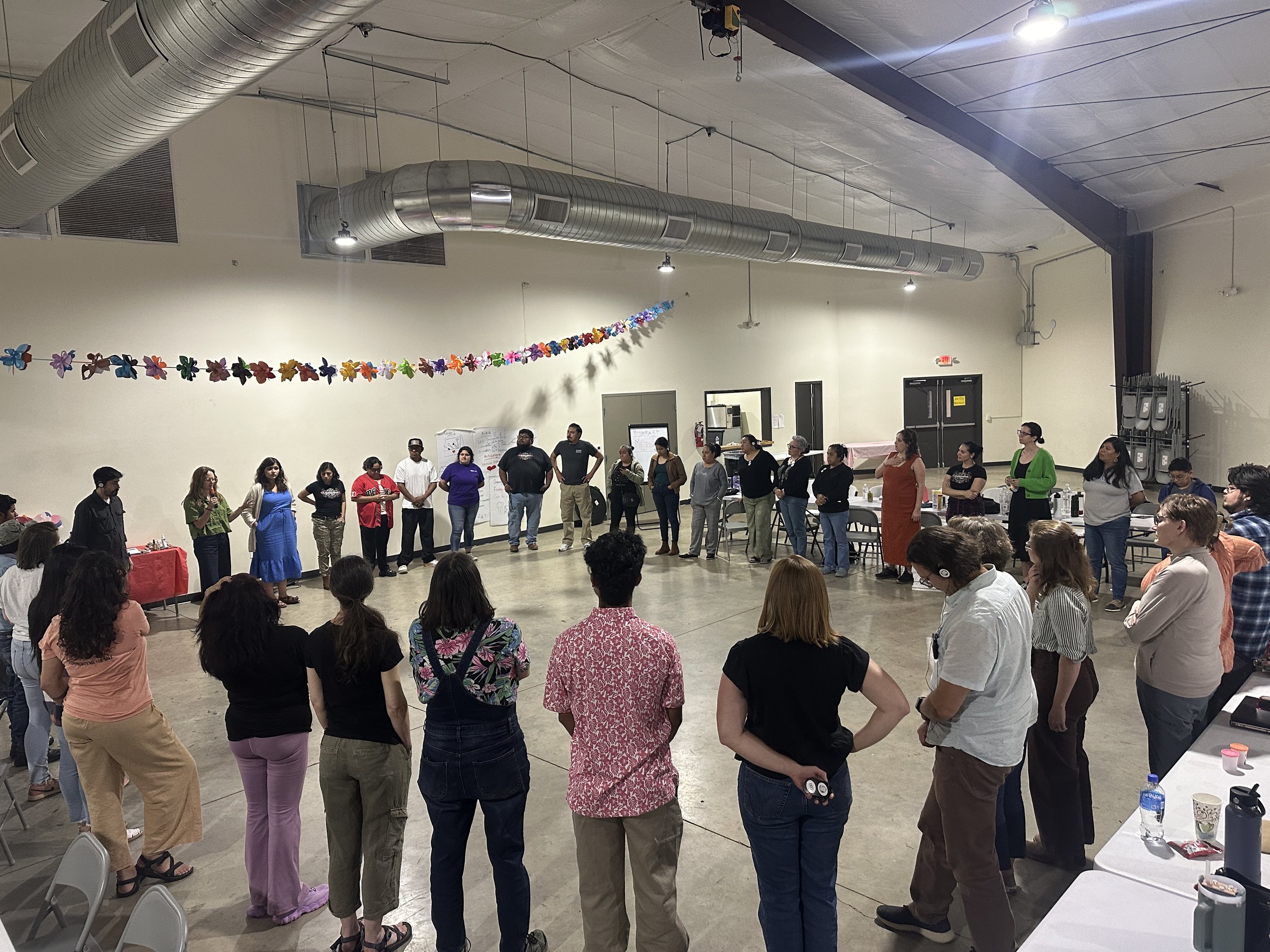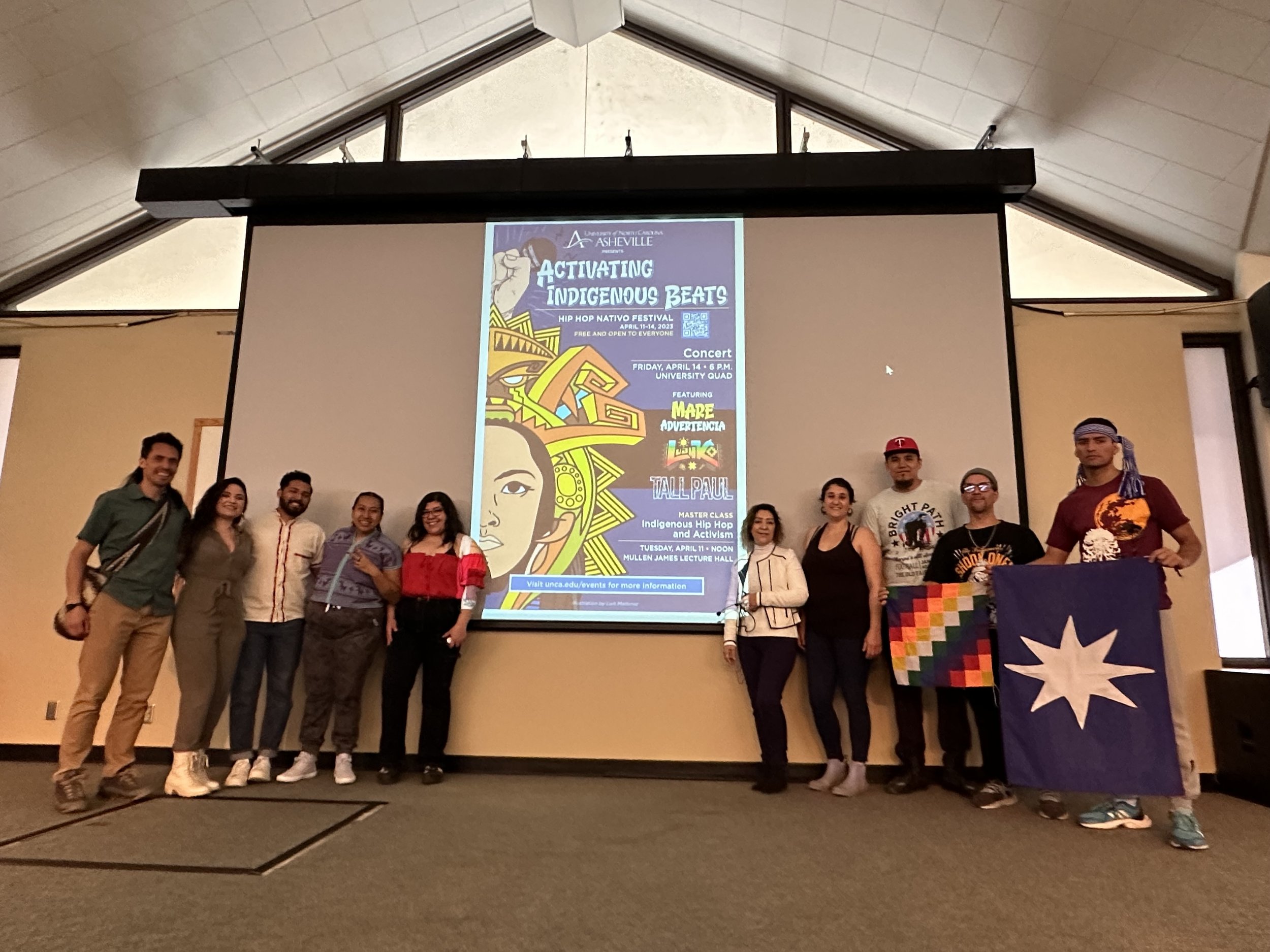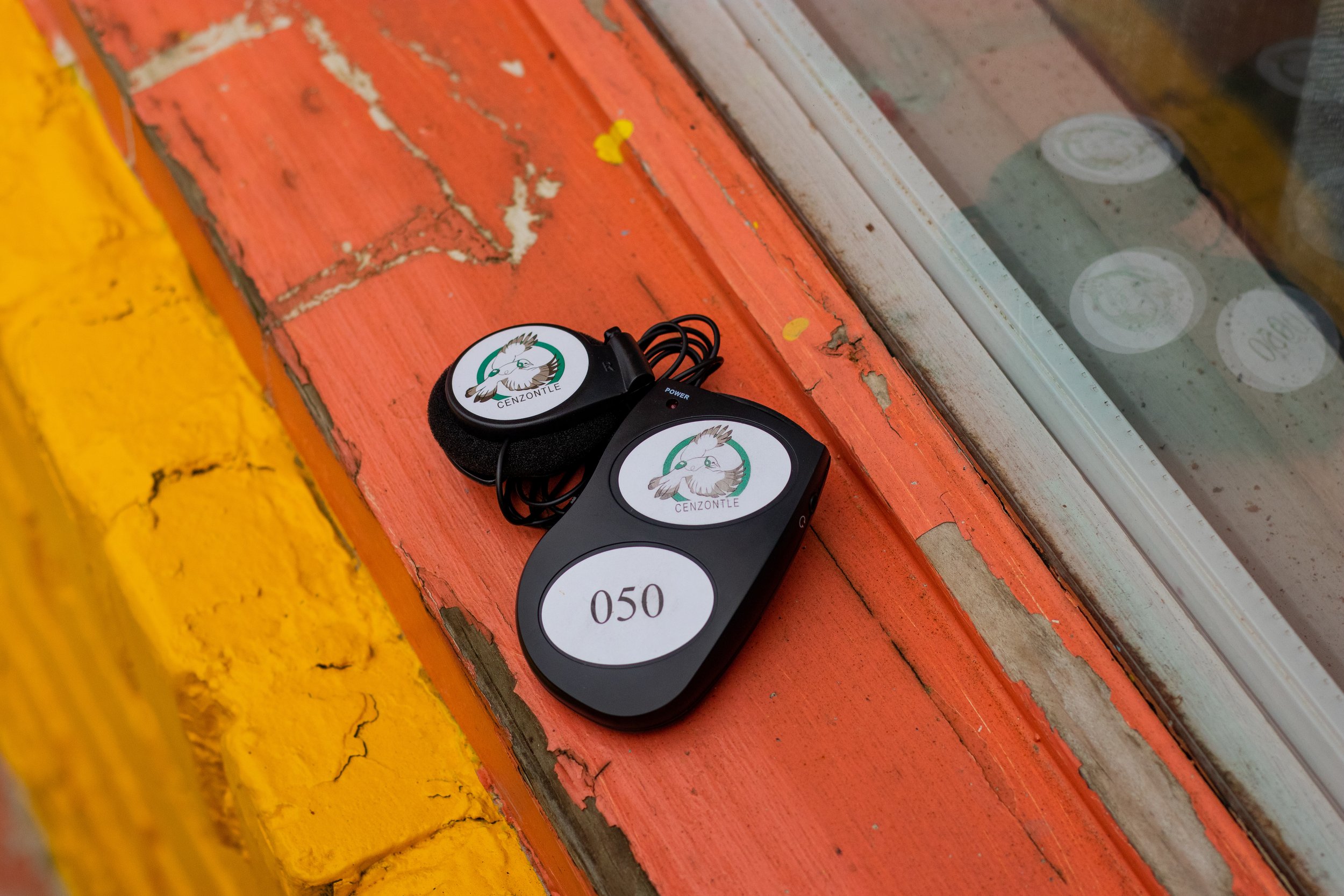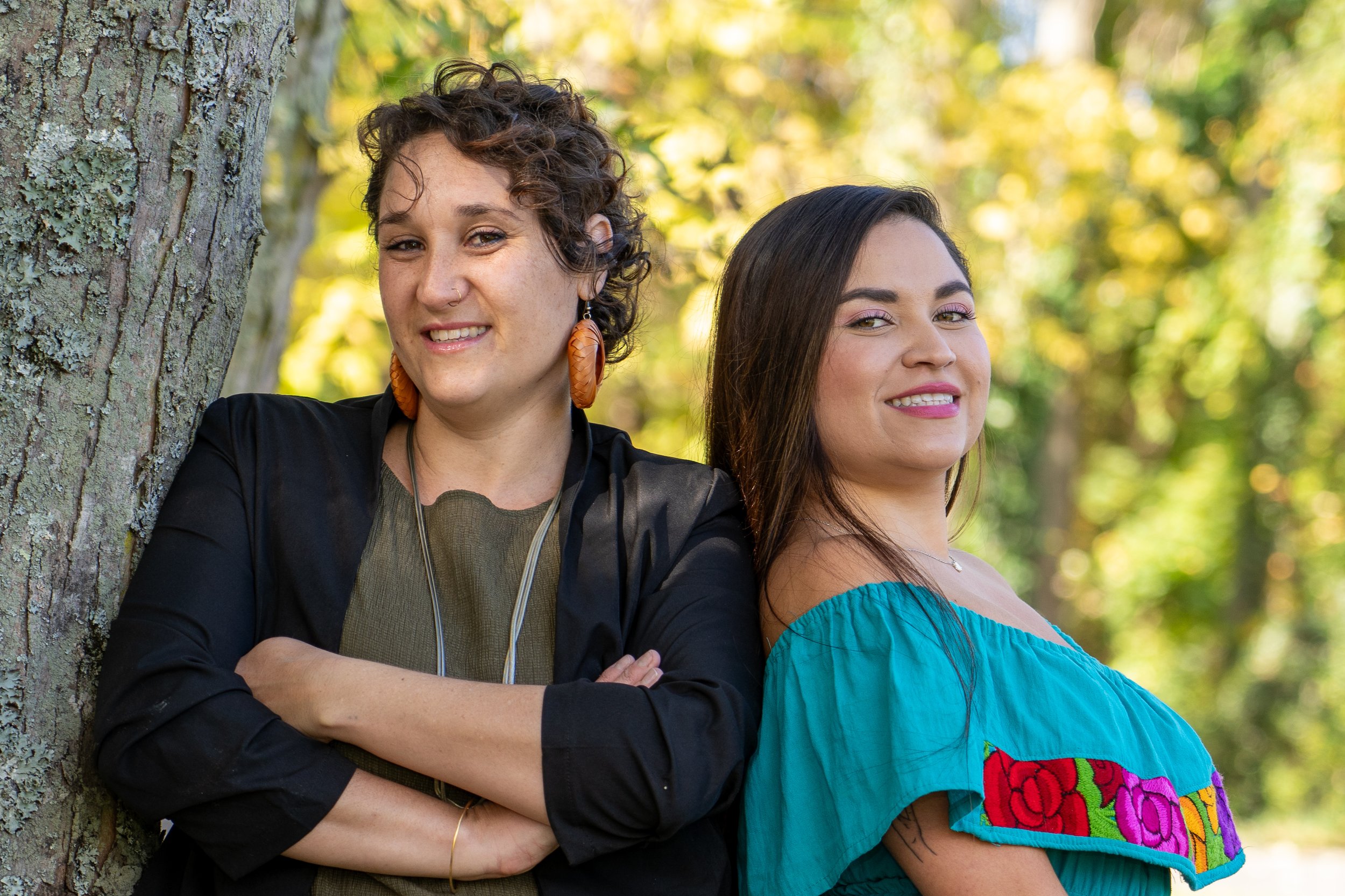Cenzontle Resources

Bilingual Outreach Matters
Have you ever hosted an event, lined up interpreters, and still found that no Spanish-speaking participants showed up? Read this informative blog to learn about some practices that you have to consider if you wish to create genuine multilingual spaces.

Language Justice is community joy
Opportunities like these are essential for the latine and hispanic community. The arts world has to remember that we deserve to be entertained too. We want to be in places where we can laugh and smile and cry and feel all the emotions. It is vital to fund opportunities that ensure everyone, regardless of their language, can fully participate in these shared cultural experiences. Language justice in entertainment is not a luxury; it’s a necessity.

Language and Colonization
In the end, everyone decides how they want to speak. The suggestion is to consider the person you are talking to and ask how they want to be addressed: TÚ, VOS, or USTED, so that there is no division between people, as, ultimately, we are all equal—a fact the first peoples already knew.

Breaking Language Barriers
Picture this- you are having a conversation directly with someone, each of you speaking in your own language. There are no interruptions or distractions with the person doing the interpretation. It is just you and a new friend you made, no language barriers to be seen.

Everything is Better in Two’s
We require hiring two interpreters to guarantee a quality service while we practice Language Justice.



